RESEARCH & INNOVATION
At KAUST Urban Lab, our mission is to revolutionize urban environments through pioneering research and innovative solutions. Our multidisciplinary team of experts is dedicated to addressing the pressing challenges of urbanization, climate change, and sustainability, aiming to create cities that are not only livable but also resilient and sustainable for future generations. By leveraging advanced technologies and integrative approaches, we strive to develop and implement strategies that enhance the quality of urban life, optimize resource use, and mitigate environmental impacts.
RESEARCH & INNOVATION
At KAUST Urban Lab, our mission is to revolutionize urban environments through pioneering research and innovative solutions. Our multidisciplinary team of experts is dedicated to addressing the pressing challenges of urbanization, climate change, and sustainability, aiming to create cities that are not only livable but also resilient and sustainable for future generations. By leveraging advanced technologies and integrative approaches, we strive to develop and implement strategies that enhance the quality of urban life, optimize resource use, and mitigate environmental impacts.
Our research is anchored in the belief that cities can be engines of innovation and sustainability when designed and managed effectively. To this end, we focus on integrating cutting-edge scientific research with practical applications, ensuring that our findings translate into tangible improvements in urban environments. Our work spans a broad range of areas, including sustainable building practices, climate resilience, efficient resource management, and community engagement, reflecting our commitment to holistic and inclusive urban development.
One of our core strengths lies in our ability to bring together diverse expertise and perspectives, fostering a collaborative environment that drives creative problem-solving and innovation. We are actively engaged with local and global partners, including city governments, industry leaders, and community organizations, to ensure that our research addresses real-world needs and challenges. Through these collaborations, we aim to influence policy, guide sustainable urban planning, and support the transition to low-carbon, resilient cities.
At the heart of our efforts is a dedication to education and capacity-building. We are committed to training the next generation of urban planners, engineers, and sustainability experts, equipping them with the knowledge and skills needed to lead in the creation of sustainable urban futures. Our comprehensive training programs, workshops, and professional development courses are designed to foster a deep understanding of the complex dynamics of urban systems and the innovative solutions required to address them.
In summary, KAUST Urban Lab is at the forefront of research and innovation in urban sustainability and resilience, driving impactful change through a blend of scientific excellence, practical application, and strategic collaboration. Our work is guided by a vision of cities that are sustainable, resilient, and vibrant, ensuring a high quality of life for all residents.
HOME • RESEARCH
Themes
At KAUST Urban Lab, our research is organized around three main themes: sustainability, resilience, and livability. These themes guide our efforts to address the complex challenges facing urban environments today, integrating cutting-edge technology, innovative design, and strategic policy recommendations to create cities that are sustainable, resilient, and livable.
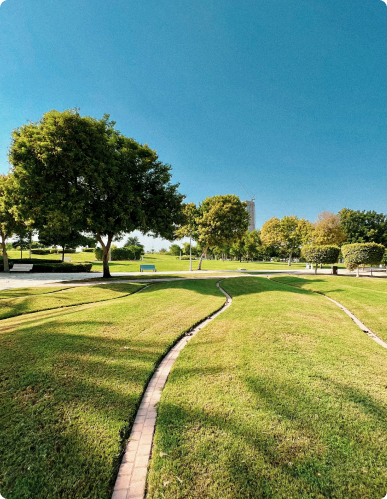
Sustainability
In the sustainability domain, we focus on developing and implementing practices that promote environmental stewardship and sustainable development. Our work includes comprehensive sustainability assessments, green building consulting, life cycle assessments, and environmental impact analyses.
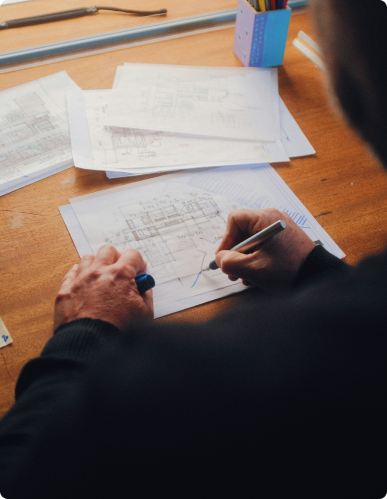
Resiliency
Our resiliency theme centers on enhancing urban areas' ability to withstand and adapt to climate change and other environmental challenges. We employ advanced risk assessment and adaptation strategies to help cities and businesses prepare for and respond to potential climate impacts.
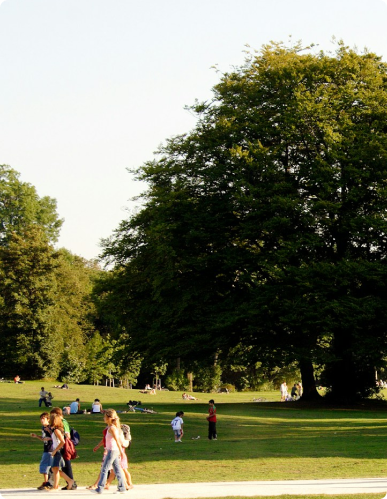
Livability
Livability emphasizes creating urban spaces that foster quality of life, health, and well-being for residents. Through innovative design, policy recommendations, and community engagement initiatives, we work to develop urban environments that are not only functional but also enriching and supportive for their inhabitants.
Pillars
Within these three themes, our multidisciplinary research focuses on the complexities of the built environment, training the next generation of scientists to develop innovative solutions for mitigating climate change, optimizing resource consumption, and improving quality of life. Our research is structured around five specific pillars.
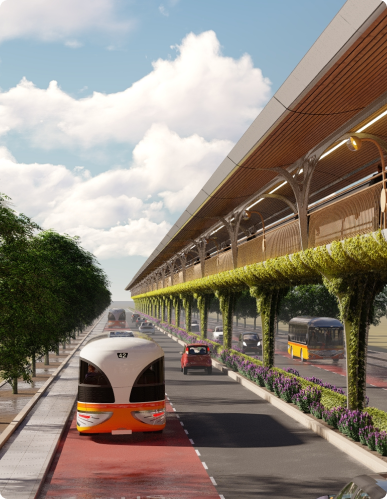
Space & Mobility
We prioritize effective land development and sustainable landscape management. Our projects investigate the relationships between sustainability, walkability, and livability; assess neighborhood improvements and transportation modes; and develop life-cycle assessment models for transportation alternatives. Notable studies include the operational carbon footprint of urban landscapes and the surface urban heat island effect.

Hydrological Cycle
We address the hydrologic cycle and water efficiency. Our projects range from water treatment technologies, such as environmental life-cycle assessment of MSF desalination and renewable energy-integrated water treatment, to end-use water solutions like sea-water toilet flushing and greywater recycling.
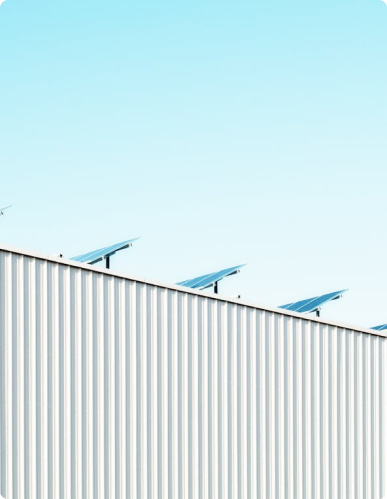
Energy Efficiency
Our research enhances building energy performance through conservation strategies, efficiency measures, and clean energy technologies. We model the energy efficiency of green roofs and walls, investigate rooftop and building-integrated photovoltaic systems, and explore advanced thermal management for photovoltaics. Additionally, we examine solar-driven desalination as a cross-project with the Hydrological Cycle pillar.
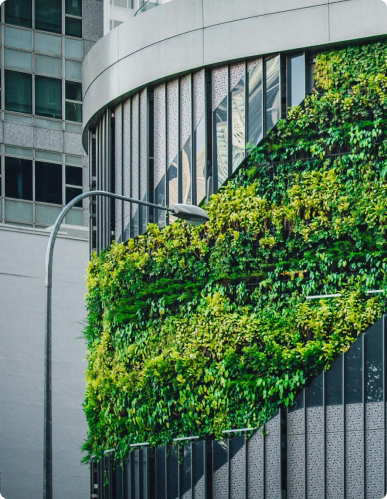
Materials & Ressources
We focus on sustainability management in the construction industry. Projects include examining the performance of green building project delivery systems, assessing the sustainability of 3D printing in construction, and developing high-performance lightweight concrete for additive manufacturing. These efforts aim to reduce environmental impacts during construction and operation phases.
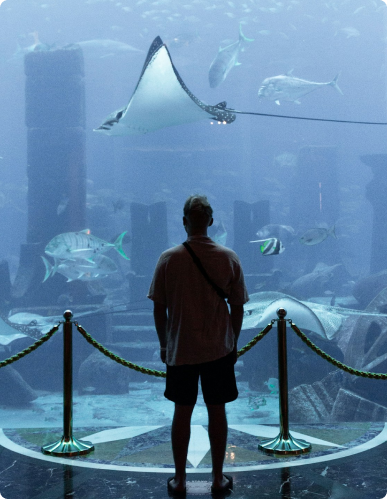
Environmental Quality
We assess indoor environmental quality and occupant behavior. Our projects include examining indoor air quality, integrating air quality into life-cycle assessments, assessing electromagnetic radiation emissions, studying pro-environmental behaviors, and optimizing daylight performance and shading solutions.
Approaches
Across these pillars, we apply advanced computational techniques emphasizing life-cycle and systems thinking, regional climate change, resilient infrastructure, and occupant interactions. Our five cross-pillar approaches include:
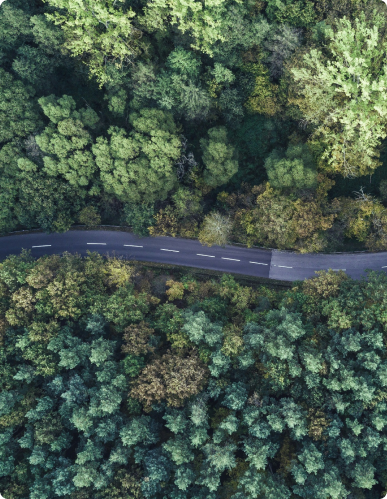
Life Cycle Thinking
Assessing the social, economic, and environmental impacts of products and processes throughout their life cycle.

Resiliency Analysis
Enhancing infrastructure resilience to climate, disaster, and environmental risks.

Climate Analytics
Addressing regional climate change impacts on air and water quality, and human health.

Socio-economic
Examining the interaction between sustainability concepts and daily life activities.

Intelligent Computing
Applying data science, simulation, and digital technologies to optimize design, construction, and operation of sustainable urban systems.
